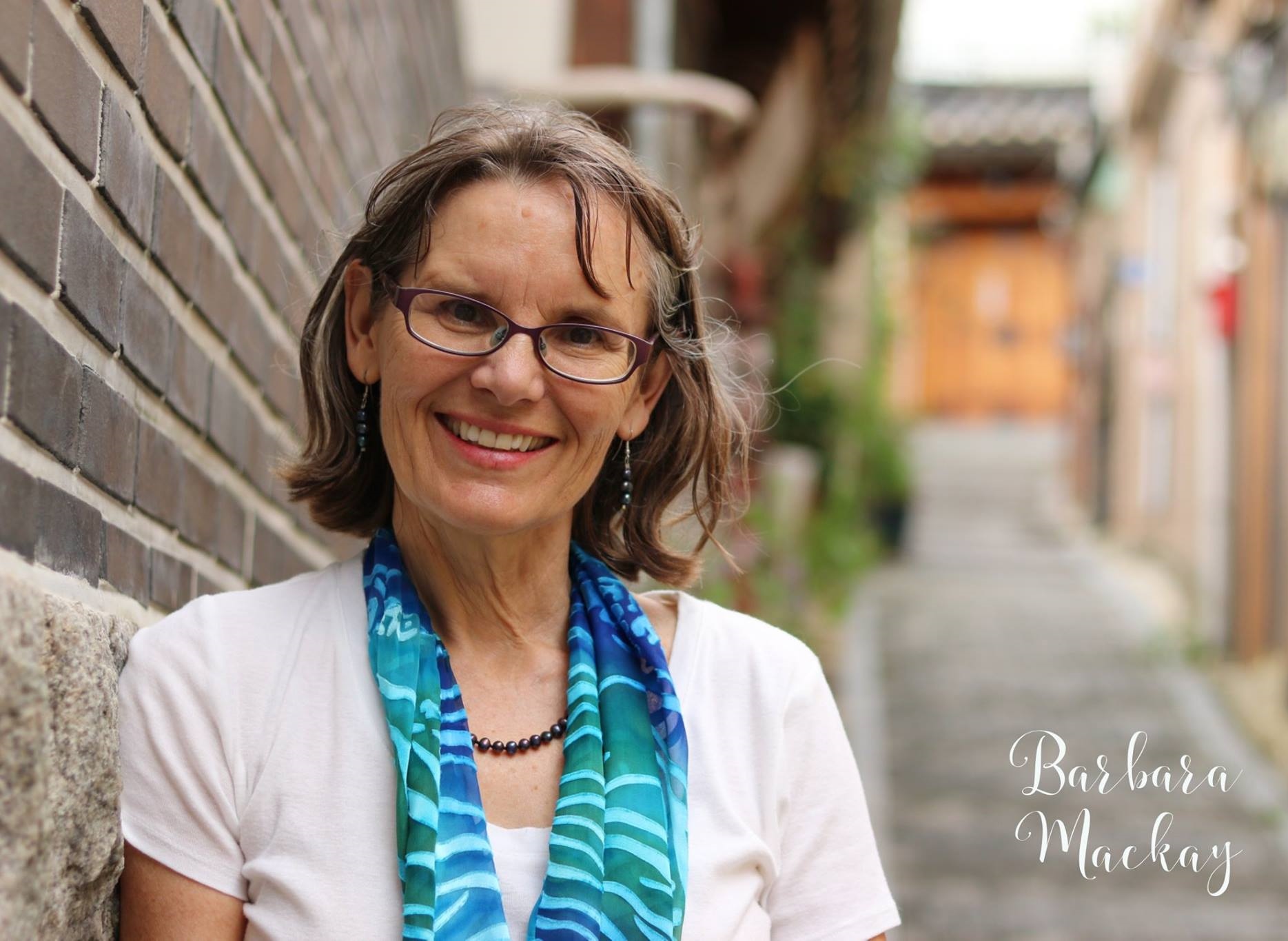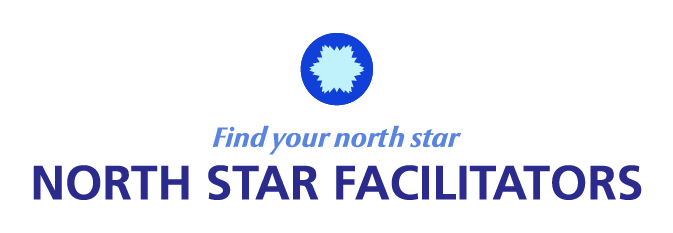Little or BIG Impact – Which do you want?

Everything is in place. Your client has chosen you as the facilitator because your style and experience appeal to them. Jointly, you have collaborated on the agenda and activities to use and the pre-work information participants will receive. Are you intentional about what your impact will be or is has it been left to chance? Ideally it is thoughtful and intentional. Is it possible to have a big impact even when you have only one engagement with a client group? We think so. This is what we will talk about here – small things that can lead to big impact and how to be more intentional about facilitating lasting impact all the time.
 Think about it. Whether we are internal to an organization, a community advisor or an outside “facilitator expert”, we are called to help a group make a change – big or small. When we are specifically called to help design and implement large scale change, we may be entering the realm of an organizational development (OD) or community development (CD), or change management (CM) consultant. This is when we have the opportunity to work with a group or community over months or years. This blog is not about that specific kind of consulting to create large scale impact. Rather, it talks about making incremental changes even when we have limited authority and access to the inner strategic workings of the organization or community. This could be called “stealth” impact – creating lasting positive change in small bits. It is like this photo of handprints – leaving little “set in stone” handprints on the group so they are continually reminded of the possibilities of change.
Think about it. Whether we are internal to an organization, a community advisor or an outside “facilitator expert”, we are called to help a group make a change – big or small. When we are specifically called to help design and implement large scale change, we may be entering the realm of an organizational development (OD) or community development (CD), or change management (CM) consultant. This is when we have the opportunity to work with a group or community over months or years. This blog is not about that specific kind of consulting to create large scale impact. Rather, it talks about making incremental changes even when we have limited authority and access to the inner strategic workings of the organization or community. This could be called “stealth” impact – creating lasting positive change in small bits. It is like this photo of handprints – leaving little “set in stone” handprints on the group so they are continually reminded of the possibilities of change.
This is what makes our profession worth doing: Every opening we have, we take it. It may be a single question to the client before the event that will change everything. Or, it may be a specific level of safety you set up with the group to allow an internal shift to occur. It may be a phrase or metaphor we invite the group to describe themselves in their future desired state. At every moment, we are intent on making an positive, lasting impact.
So how do you know if impact has occurred?
To describe impact, we are borrowing from the International Association of Facilitation (IAF) webpage on Facilitation Impact. For these awards, they define impact to include: it benefits the organization or community in tangible, measurable ways; it uses quality facilitation and collaboration to achieve the goals; and it affirms the Association’s Statement of Values and Code of Ethics. See Resources list below to read about this award and code of ethics (next deadline for submitting for this prestigious award is July 9, 2017)!
We might also add that impact will likely result in innovation, lasting change, forward movement, and/or great or little leaps forward.

So how do we ensure impact as a process facilitator vs a change management consultant?
Both the process facilitator and the change management practitioner are engaged to create change and have a positive impact. However, a change consultant is expected to give advice/expertise on 1) a diagnosis of what is “wrong” with the team, situation or community 2) what changes are needed and 3) how to execute the changes. As a process facilitator, you can be intentional about staying in your neutral role but still create the impact and the changes sought. So you do not advise, but you ask provocative questions and set up enough deep dialogue and thoughtful activities that the group clearly sees the changes that need to be made and the way to do it. Here are five ways we have done it in the past.
5 “sweet” things to try to create forward momentum as a process facilitator
I use the word “sweet” to denote relatively easy things to do that can have a big WIN for your group:
![]() In the pre-meeting stage, you can ask the client group “who needs to be at the table to champion the changes needed?” If you cannot get a champion to the meeting, how can you ensure their passion, enthusiasm, and clarity for the needed changes is represented?
In the pre-meeting stage, you can ask the client group “who needs to be at the table to champion the changes needed?” If you cannot get a champion to the meeting, how can you ensure their passion, enthusiasm, and clarity for the needed changes is represented?
![]() In the pre-meeting stage, ask the client group what impact they want to have to ensure quality outcomes that will endure into the future.
In the pre-meeting stage, ask the client group what impact they want to have to ensure quality outcomes that will endure into the future.
![]() Also in the pre-meeting stage, draft a phrase for the entire event/meeting that describes the key result they are setting out to achieve. Then check it with the planning group and have them tweak it to their satisfaction. Finally, include this at the top of the agenda page which you send out in advance. For example, one upcoming event we called: “Creating a win/win/win for students, high school and college in this region”; or for another recent past client: “Reducing systemic barriers for families”
Also in the pre-meeting stage, draft a phrase for the entire event/meeting that describes the key result they are setting out to achieve. Then check it with the planning group and have them tweak it to their satisfaction. Finally, include this at the top of the agenda page which you send out in advance. For example, one upcoming event we called: “Creating a win/win/win for students, high school and college in this region”; or for another recent past client: “Reducing systemic barriers for families”
![]() At the beginning of the meeting, set the context for the group with a motivating quote such as: “Today is a new day, anything is possible”.
At the beginning of the meeting, set the context for the group with a motivating quote such as: “Today is a new day, anything is possible”.
![]() During the meeting,ask the group to draw images of their desired future state (or what things would look like it they were having the impact they wanted in the future). Invite them to describe it to each other, each building on the others’ ideas.
During the meeting,ask the group to draw images of their desired future state (or what things would look like it they were having the impact they wanted in the future). Invite them to describe it to each other, each building on the others’ ideas.
Other “savory” ways to create impact…
We use “savory” here because they are slightly more difficult than the five “sweet” ways above.
 You honor all the different voices in the room. You encourage unheard voices so others come to know them in a different and more acknowledging way. You show the group how to be facilitative – you teach them through modeling collaboration, and you give them enough experiences in the small and large group to help them to embody the powerful synergy they have together. You continually have a calm stance with them that lets them know you are 100% confident in their ability to move forward. You help them go through an in depth strategic planning session that allows them to look at root cause issues and be strategic around resolving them.
You honor all the different voices in the room. You encourage unheard voices so others come to know them in a different and more acknowledging way. You show the group how to be facilitative – you teach them through modeling collaboration, and you give them enough experiences in the small and large group to help them to embody the powerful synergy they have together. You continually have a calm stance with them that lets them know you are 100% confident in their ability to move forward. You help them go through an in depth strategic planning session that allows them to look at root cause issues and be strategic around resolving them.
Your Practice Work:
Make a list for yourself of all the ways you intentionally create the conditions for positive impact. Start using them on a regular basis. If you have less than 5, think of more ways.
Resources to Help YOU Ponder Facilitation Impact
https://www.iaf-world.org/site/home/clients
https://www.iaf-world.org/site/facilitation-impact-awards
https://www.iaf-world.org/site/pages/statement-values-code-ethics-0

